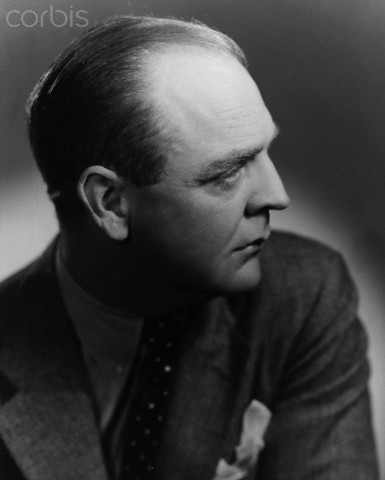We should do all we can to see that Bill is remembered. He is owed that.
Tennessee Williams
New Orleans
1982
Highbrow critics denigrated all of [William] Inge's plays. They seemed to resent their success. Though Inge was certainly not a major talent, I believe he has been underestimated. His later plays, beginning with A Loss of Roses and Natural Affection, were too violent and unhappy for wide audience acceptance, and they all failed. (I directed Natural Affection in an Arizona tryout, but refused to go on with it unless he revised it drastically. Its final revisions made the play, directed by Tony Richardson, even more savage than it had originally been.) But there were vestigial elements of creative power and social relevance in these plays.
Inge gave up his New York apartment, on the walls of which were fine examples of the best contemporary American artists as well as paintings by Giacometti, and bought a house on a quiet Hollywood hill. Here he wrote a prize-winning film, Splendor in the Grass, which [Elia] Kazan directed; several plays, of which all but two were never produced; and two novels, neither of them seriously reviewed. For a time he taught drama at the University of California at Irvine and at the Actors and Directors Workshop in Hollywood. With the exception of one light comedy, Where's Daddy?, a failure I directed in New York, Inge's last plays were fierce. They dealt with the havoc resulting from the suppression of instinctual drives, and our alienation from a society becoming ever more bewildering and cruel.
Even the poorest of Inge's later plays merited a hearing. In certain respects, they marked an advance over his earlier ones. They were less sentimental, less ameliorative. Technically unsteady and psychologically sketchy, they still testified to the burdens of our time. They are honest statements wrought from subjective knowledge and steady observation. Similar plays written by French or German dramatists would surely be produced in their countries.
Innumerable European poets, novelists, playwrights, and composers of secondary importance are still remembered and discussed with respect. We not only forget our lesser talents but neglect many of our masters. When, in 1949, I offered to write a biography of Eugene O'Neill, several publishers asked me, 'Who cares about him today?'
I was in Europe in June, 1973, when Inge killed himself. I was deeply sorry. He was a lonely man, ill at ease everywhere. For him, living must have been a constant ache. Only work and acceptance of that work could have saved him. By "acceptance" I do not mean box-office success or even critical acclaim, but simply the opportunity to be heard, to be vouchsafed a platform.
I could not bear to read the various articles devoted to Inge at his death, but a phrase from one of them was quoted to me. "After The Dark at the Top of the Stairs," the article read, Inge's talent was "for all practical purposes" exhausted. But talent is not a matter of "practical purposes." That it is so measured, especially today, is deplorable and tragic. The fearful dependence on success is crippling to creation.
By Harold Clurman
©1974
Published by Harcourt Brace Jovanovich

Comments
Post a Comment
Thank you for your comments. The moderators will try to respond to you within 24 hours.